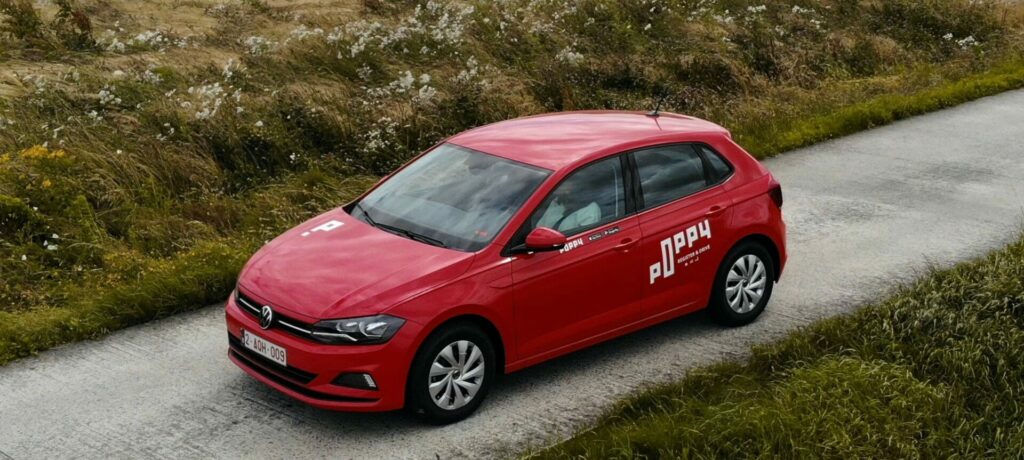Each shared car in circulation in Flanders takes between three to ten private cars off the street, according to statistics published by the car-sharing non-profit Autodelen.net. A study conducted by the group highlights a positive dynamic in car-sharing services, which grew by 40% in popularity last year.
Car-sharers notably own fewer vehicles than the average Flemish person and are more likely to opt for a bicycle than journeys by car.
Alongside KULeuven, the car-sharing organisation conducted a survey among 6,288 people across Flanders in the summer of 2022, the first survey of its kind in the region. The survey noted that many car sharers got rid of their own car due to a lack of need, or at the very least got rid of one of their vehicles.
More cars off the road
The researchers concluded that one shared car, including vehicles offered by popular mobility services Cambio, Poppy, ShareMobility, BattMobility, Partago, and others, reduced the need for three to ten private cars.
“For example, all shared cars in Flanders together replace no less than 17,079 cars. Today, shared cars only make up 0.07% of the registered vehicles in Flanders, but they save almost 2% of the public parking spaces. In this way, car sharing increases the quality of life in our cities and municipalities,” said Jeffrey Matthijs of Autodelen.net.
Car-sharers are also more likely to take sustainable journeys. Since car sharing service users started using communal vehicles, 35% travel less often by car, 31% used their bicycle more often, and 16% used public transport more often. Most care sharers (75%) used public transport as much as before.
At the end of last year, Belgium had a total of 121,394 active car-sharing users, 40% more than at the end of the year prior. Car-sharing is most popular among the Flemish, who account for over half of the total users. Another four in ten are from Brussels and 3% are Walloons.
Free floating service
Car-sharing networks are most established in the Belgian capital, where 6.3% of all residents with a driver’s licence use a shared vehicle. “Free floating” car sharing, where users are not obliged to return their rented vehicle to a specific spot, is the most popular form of car sharing. There was a 78% increase in users for this mobility option last year.
Free floating car sharing solutions are massively boosting the roll out of car-sharing vehicles across the country. There are now 5,136 shared cars across the country, to which 671 new vehicles were added last year. This is the strongest growth in the past five years. Autodelen.net credits this growth to the increasing popularity of free floating shared cars.
Related News
- Belgians drive 500,000 fewer kilometres by car due to rising e-scooter use
- New generation of microcars aims to revolutionise urban mobility
Antwerp-based mobility company Poppy and German car-sharing company Miles were some of the two largest companies responsible for the growth in car sharing in Belgium. In Flanders, the number of shared cars increased by 492, or 17%, last year. According to Flemish Minister of the Interior, Bart Somers, this marks a significant increase.
“Shared mobility is clearly on the rise. With the Local Energy and Climate Pact, I am further encouraging local authorities to achieve two shared cars per 1,000 inhabitants by 2030. Partly with these resources, they can make extra efforts in the field of car sharing and thus invest extra in the future,” the minister concluded.

